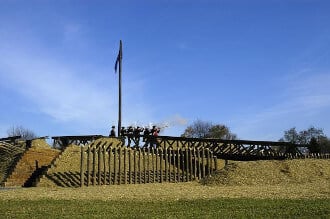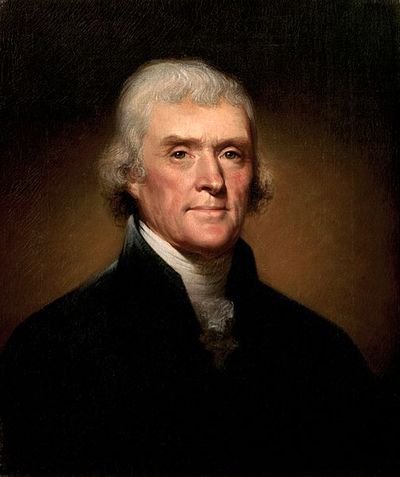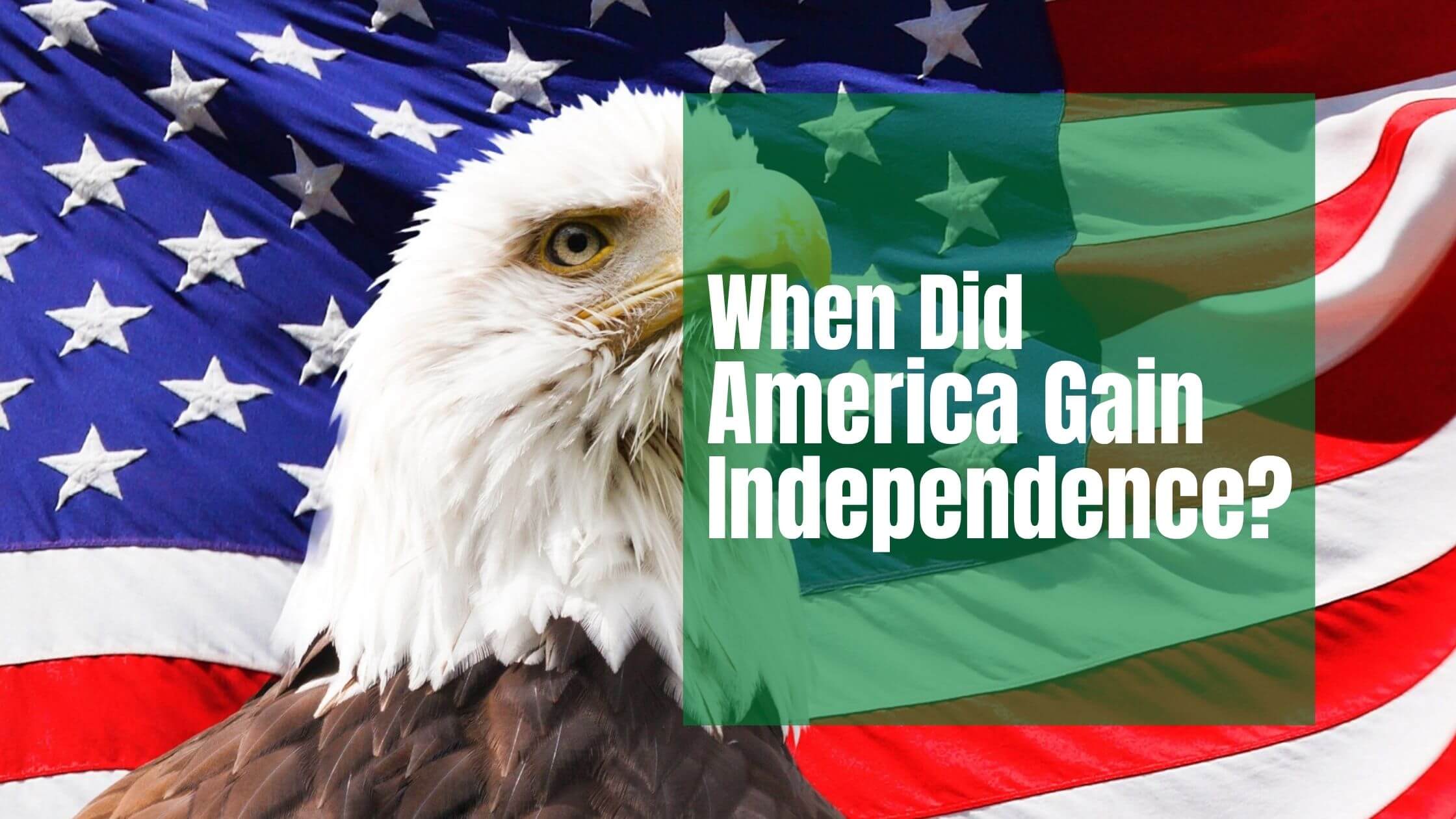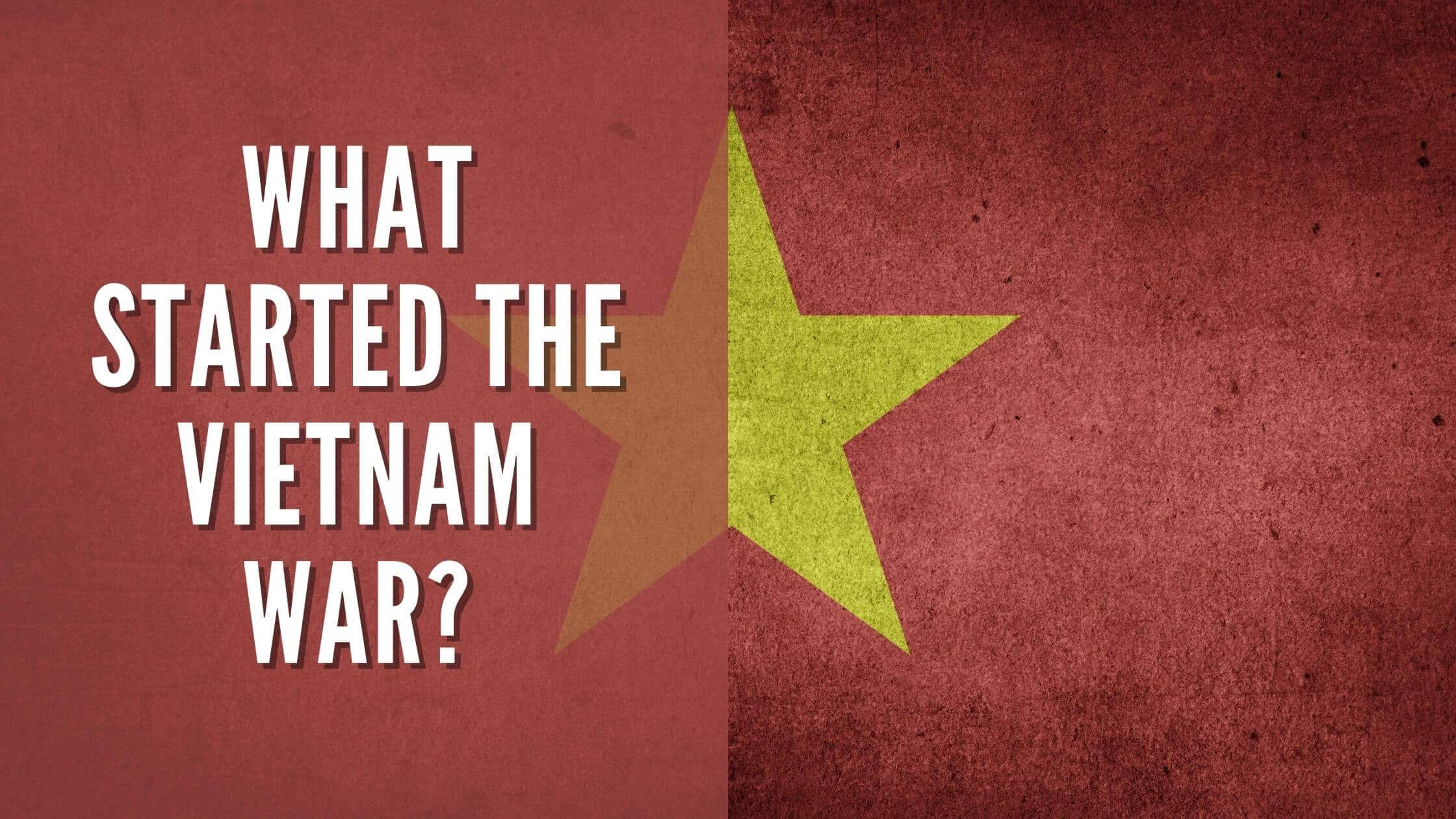Table of Contents
ToggleOne of the most celebrated moments in American history is the victory over the British in the War of Independence, which ultimately led to the United States is recognized as a free nation.
There is even an annual federal holiday to celebrate that momentous achievement. But when did America gain independence, and why might the answer be much later than Independence Day?
When did America gain independence?
There is no straight answer. July 4th, 1776, is the common answer, as this is Independence Day. Some may say August 2nd in that same year is the correct answer as the actual signing of the Declaration of Independence. A more appropriate answer might be September 3rd, 1783, the date of signing the Treaty of Paris. But, is it more accurate to say the date of King George III’s ratification of that treaty in 1784?
Why Are There Different Answers?
There is an important difference between declaring independence and achieving it, so you often see those two very separate answers to this question. America couldn’t just say that this was now the new order of things without the agreement of the British Empire that claimed ownership of the land.

The common answer of July 4th, 1776, is understandable because this was when the nation adopted the Declaration of Independence. Therefore, this is when America saw itself as a free nation and made its intentions clear. As this is the date of Independence Day and a federal holiday, it is easy to see why people feel that this was when the nation gained independence.
However, the Revolutionary War didn’t end at the moment that Congress approved the Declaration of Independence. Neither did Britain concede their colonies at that stage. Besides, there was a long process for the document to be made official after the initial declaration.
The events between July 2nd and August 2nd were catalysts for continuing and winning the Revolutionary War. Independence wasn’t recognized in full until many years later with the Treaty of Paris in 1783. Even then, do we take the date of the signing of the treaty as the moment of independence or the later date of ratification by the King?
The Declaration of Independence
The Declaration of Independence was drafted and adopted between June and August of 1776. On June 11th, a group of men formed a committee in charge of writing the declaration. Thomas Jefferson was primarily responsible for writing the initial draft, but John Adams, Benjamin Franklin, Roger Sherman, and Robert R. Livingston were also involved.

After a series of edits, Congress declared independence on July 2nd and adopted the declaration on the 4th. In July, an engrossed version was ordered to be officially signed.
The official moment of adopting the Declaration of Independence wasn’t the beginning and end of proceedings. This was when Congress declared its intentions and set the process in motion. America wanted its freedom and saw itself as an independent nation on principle. But, the British still had to concede their territories, and the American Revolution remained in full swing.
The War of Independence
The war continued for many more years until the Treaty of Paris in 1783. It was also a significant period before the independent nation established itself with a better form of government and clearly delineated territories. The Constitution wasn’t created until 1787 to address the failings of the Articles of Confederation, and the first President of the United States wasn’t sworn in until 1789.
The Treaty of Paris 1783
The Treaty of Paris was a pivotal moment in the development of the United States in many ways. Most importantly, it was the moment that Great Britain finally agreed to end the war and concede that America was a truly free and independent nation. But, there were other important details regarding the territories of mainland America and the setting of borders for the United States. From this point, the country was free to govern and develop as it saw fit.

The Treaty of Paris was signed by delegates from the United States and those acting on behalf of the King. John Adams, John Jay, and Benjamin Franklin represented America. Franklin had been a leading diplomat in France, and all three were involved in the independence movement. After negotiations, the document was signed on September 3rd, 1783.

Get Smarter on US News, History, and the Constitution
Join the thousands of fellow patriots who rely on our 5-minute newsletter to stay informed on the key events and trends that shaped our nation's past and continue to shape its present.
What Did the Treaty Guarantee?
There were two main issues dealt with by the Treaty of Paris. The first was that Britain would recognize the thirteen colonies of America as free and independent states. This reinforces the idea that independence wasn’t a reality until that date. The other was that the United States was free to expand west from its current border. The treaty also detailed other clauses concerning borders, debts, and more.
The Ratification of the Treaty of Paris
The Treaty of Paris was not completely official until the King of England ratified the document. Only then could there be a clear line drawn between British rule and full American independence. Frustratingly for all those involved, the monarch stalled.
There had been a deadline in place so that everything would be tied up in a reasonable time. Congress ratified on January 14th, 1784, another symbolic date on that side of the Atlantic. But, it wasn’t until five weeks after this deadline, on April 9th, 1784, that King George III finally signed.
Therefore, we could see that the official date that America gained independence was not until nearly eight years after adopting the Declaration of Independence.
July 4th Is Now Independence Day and a National Holiday.
Regardless of when the United States gained independence in full from Great Britain, Independence Day is celebrated on July 4th. There are arguments to be made for September 3rd because of the Treaty of Paris or for August 2nd, to mark the signing of the Declaration of Independence. Yet, July 4th is seen as the most appropriate time to celebrate the birth of the free nation, as this was when the country made the all-important declaration that would change the course of its history.










